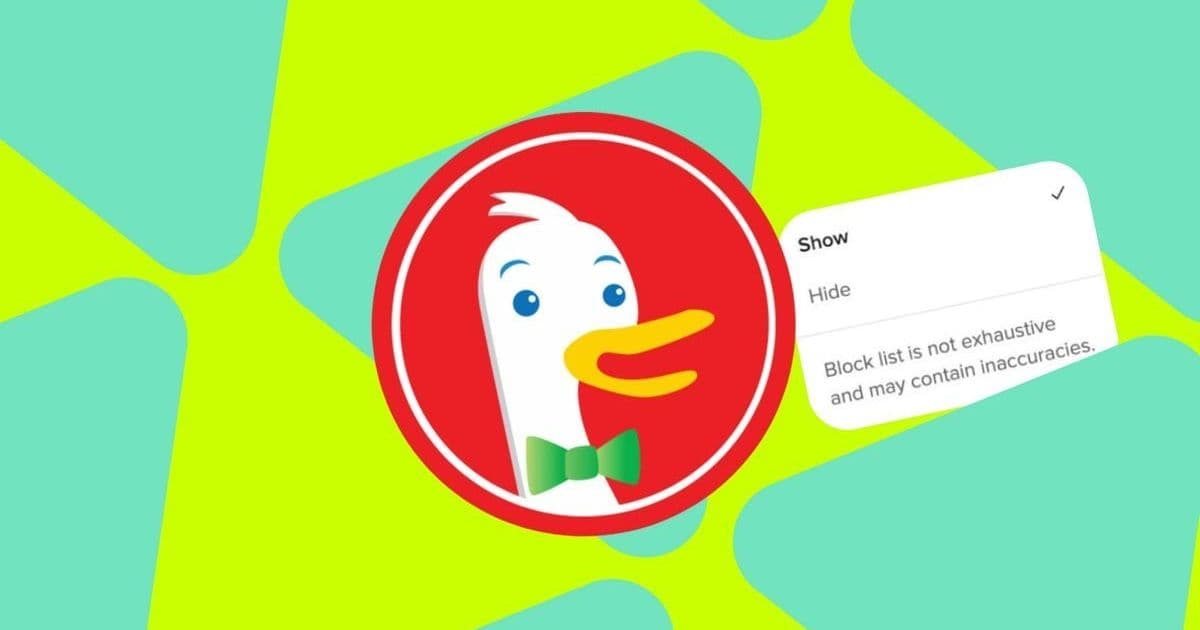DuckDuckGo has rolled out a groundbreaking feature allowing users to filter AI-generated images from search results, responding to growing frustration with synthetic content. This move empowers individuals to reclaim their search experience while highlighting tensions between AI proliferation and digital authenticity.
The relentless flood of AI-generated images—often derided as "AI slop"—has transformed online search into a minefield of synthetic content, leaving users frustrated and distrustful. Now, DuckDuckGo is pushing back with a first-of-its-kind solution: a customizable filter that lets users hide AI images from search results. Announced via the company's X account, this feature aligns with DuckDuckGo's core philosophy of putting privacy and user agency at the forefront of technological innovation. As the company stated:
"Our philosophy about AI features is 'private, useful, and optional.' You should decide for yourself how much AI you want in your life – or if you want any at all."
How the Filter Works
Users can activate the AI image blocker in two ways:
- Per-search basis: After an image search, select "Hide" from the "AI Images" dropdown menu.
- Global setting: Enable it permanently via Settings > Manage AI Features, which applies to all future searches.
The system doesn't eliminate AI images entirely but significantly reduces their prevalence by integrating open-source blocklists like uBlockOrigin's "nuclear" list and uBlacklist's "Huge AI Blocklist." These community-driven resources help identify and filter synthetic content, though DuckDuckGo acknowledges the challenge of perfect detection as AI tools evolve.
Why This Matters
This feature is a direct response to user exhaustion with low-quality or misleading AI-generated visuals crowding search results—a problem that giants like Google have yet to address. For developers and tech leaders, it underscores critical themes:
- User Autonomy: DuckDuckGo hands control back to users, contrasting sharply with platforms that force AI integrations.
- Content Authenticity: As AI-generated media proliferates, tools like this highlight the growing need for transparency in digital ecosystems.
- Ethical Design: The feature exemplifies how privacy-focused alternatives can innovate where dominant players lag, potentially pressuring competitors to follow suit.
While not a perfect solution—AI detection remains an arms race—this move signals a shift toward more intentional, user-driven web experiences. As synthetic content becomes ubiquitous, DuckDuckGo's stance offers a blueprint for balancing innovation with consumer trust in an increasingly artificial landscape.
Source: Based on reporting by Jack Wallen for ZDNET, July 21, 2025.

Comments
Please log in or register to join the discussion